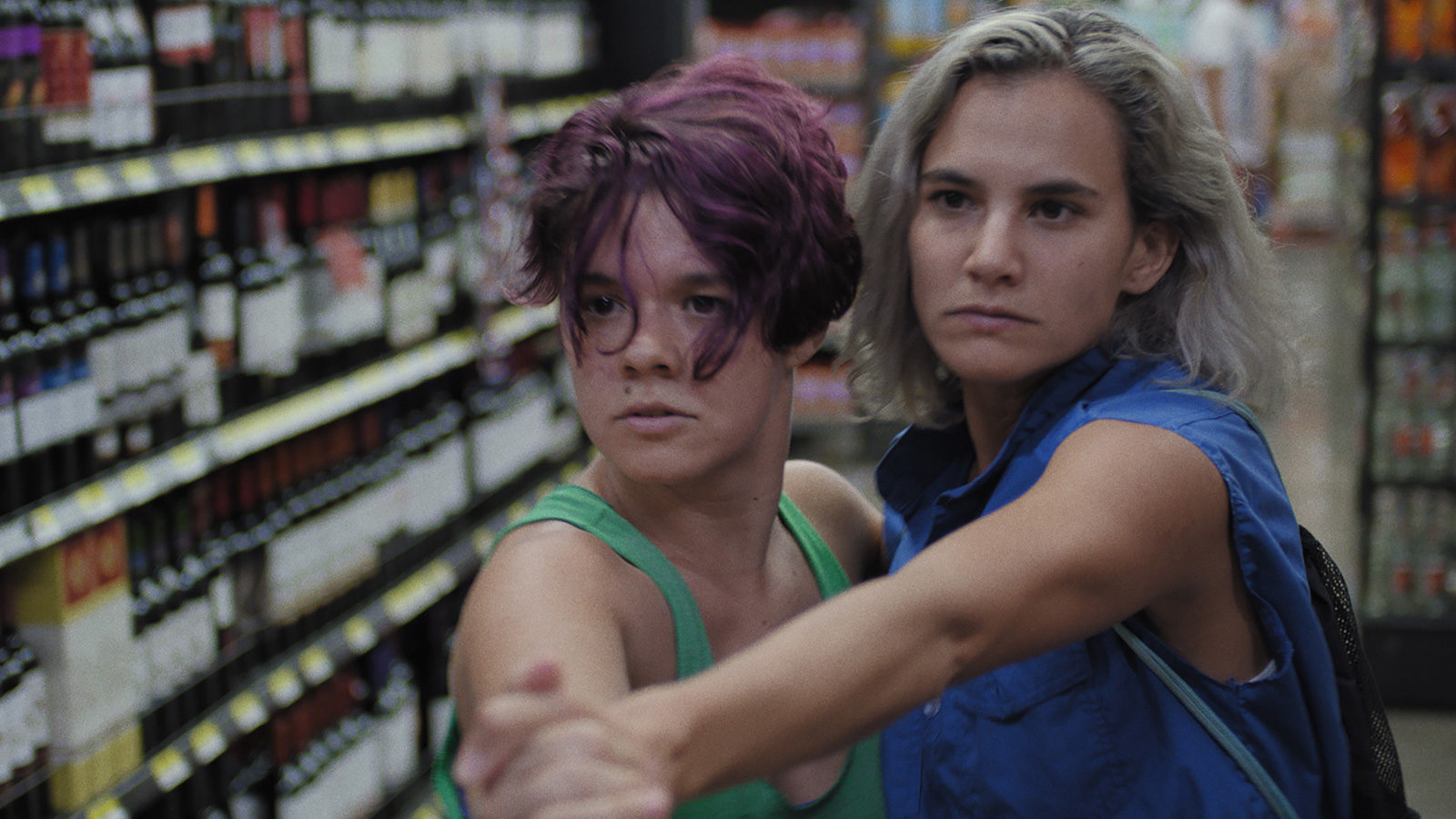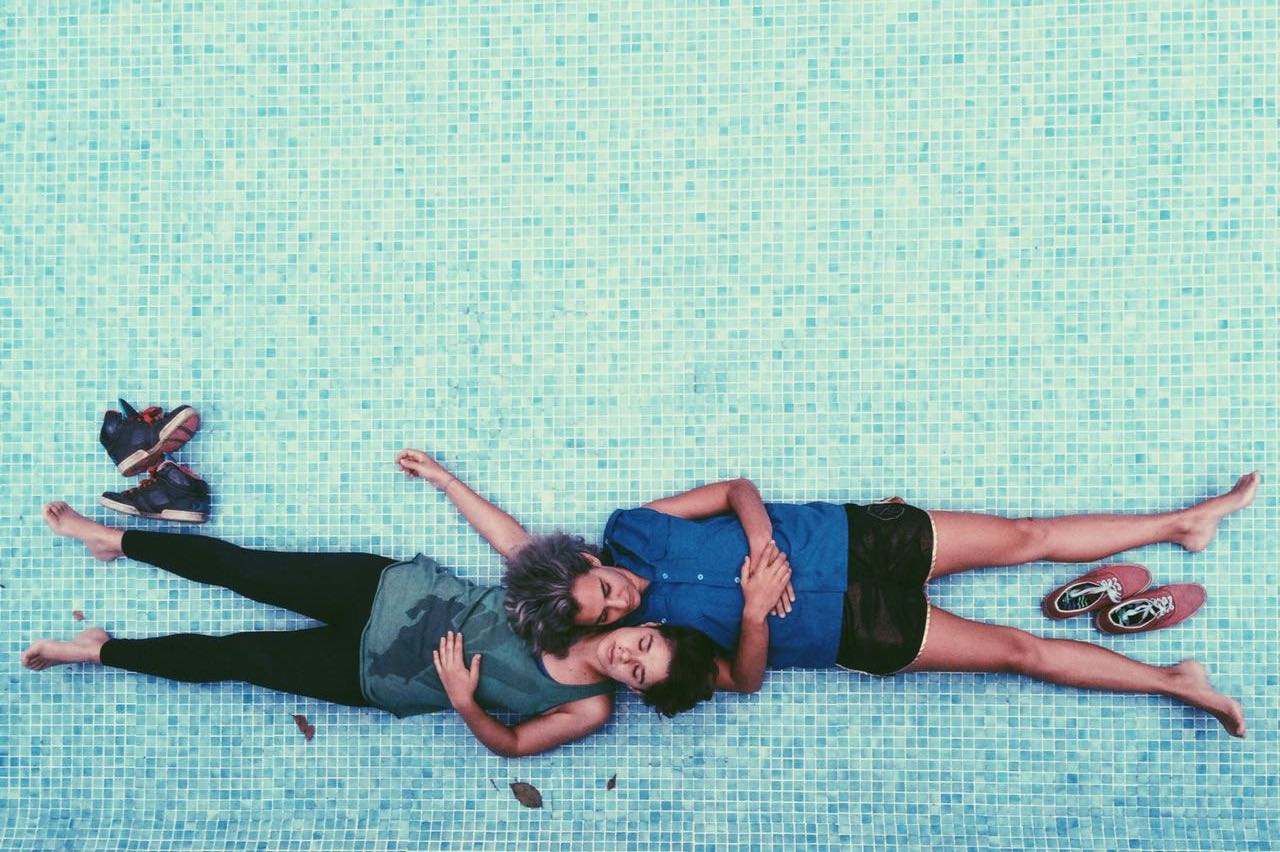Observing youth subcultures in Latin America has become director Julio Hernández Cordón’s recurrent preoccupation. Young men and women living by their own rules in societies that fail to provide them with any certainty about the future populate his engrossing stories.
Born in the United States to a Mexican father and a Guatemalan mother, the filmmaker was raised between Mexico, Guatemala, and Costa Rica – all countries where he has now made at least one feature film focused on adolescent angst: Gasolina, his debut, dealt with rebellious Guatemalan boys stealing gasoline from their neighbors’ cars; and Te prometo anarquía, a more recent effort, follows two LGBT skaters in Mexico City who sell their own blood illegally.
In Costa Rica, he switched perspectives and focused on two spunky girls, Sole and Ana, who are obsessed with their BMX bicycles and nightly adventures as part of a larger riding pack. Intriguingly titled Atrás hay relámpagos (Lightning Falls Behind), the movie puts its leading ladies in an awkward situation when they find a dead body and are questioned about their involvement and other suspicious activities.

As with all of his previous works, Cordón cast non-professional actors to fulfill his vision in Atrás hay relámpagos – an approach that has resulted in extremely spirited performances fitting for his realist cinematic style. He blended that raw talent with more experienced thespians, such as his leads Adriana Alvarez (as Sole) and Natalia Arias (Ana), both of whom had worked together in Esteban Ramírez’s Gestación.
In the international trailer for this Costa Rican dramedy, Cordón’s fascination with urban beauty, city night lights, and packs of kids roaming the streets is palpable. Wearing colorful and electrically illuminated outfits, Sole and Ana are seen biking across San José in a dazzling sequence. The camera is always close to the characters almost invading their personal space during intimate conversations and crucial moments. With such feeling of immediacy permeating the film’s aesthetic, it’s difficult not to be immersed in its subjects’ exploits.
Atrás hay relámpagos premiered at the 2017 Rotterdam International Film Festival and has since played multiple other events such as the Chicago Latino Film Festival. It opened theatrically in Costa Rica last November.




